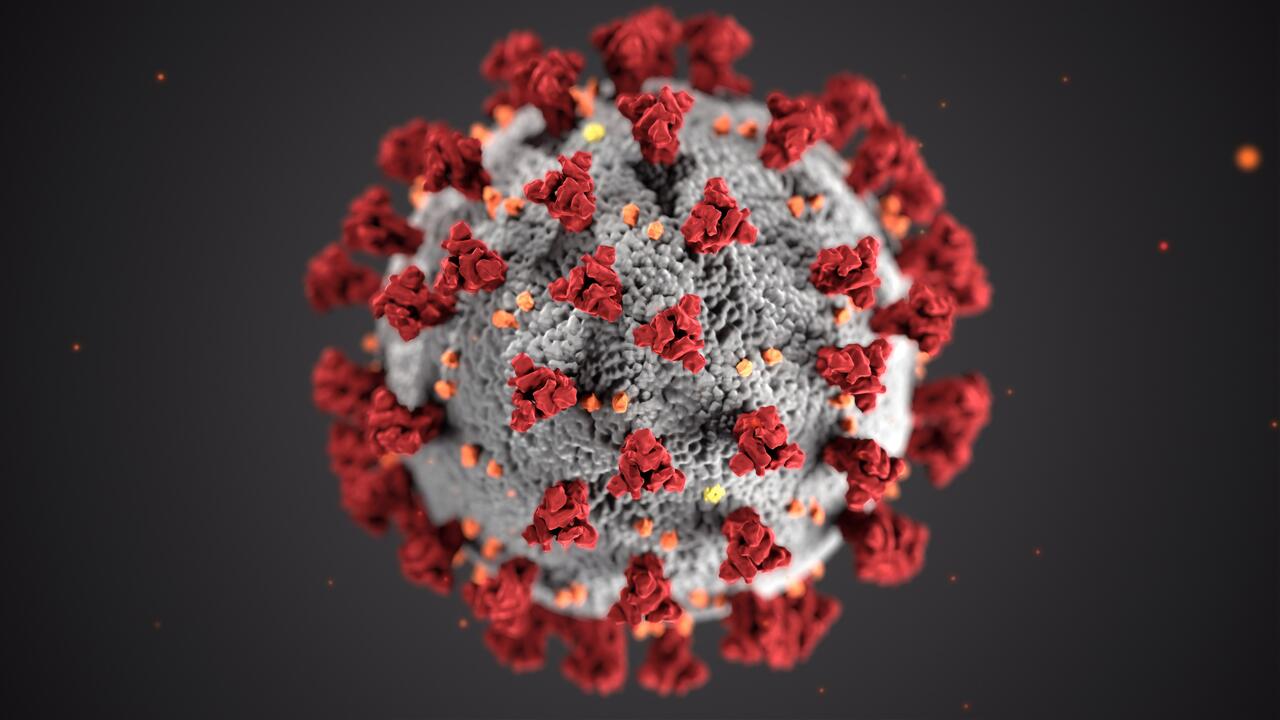
Long COVID linked to lower brain oxygen levels, cognitive problems and psychiatric symptoms
Study is first to show link between long COVID and oxygenation changes in the brain

Study is first to show link between long COVID and oxygenation changes in the brain
By Media relationsLong COVID is associated with reduced brain oxygen levels, worse performance on cognitive tests and increased psychiatric symptoms such as depression and anxiety, according to new research studying the impacts of the disease.
Researchers from the University of Waterloo combined the results of two new parallel studies: a laboratory study involving cognitive testing and imaging of oxygen levels in the brain, and a national population survey of Canadians in 2021 and 2022.
The laboratory study found that individuals who had experienced symptomatic COVID-19 illness performed worse on two computer tasks. One is measuring inhibition and another impulsive decision-making. Compared to those who had not been infected, people who had been infected showed a lack of increase in oxygen saturation in an area of the brain that is normally engaged during one of the tasks.
“We are the first to show reduced oxygen uptake in the brain during a cognitive task in the months following a symptomatic COVID-19 infection,” said Dr. Peter Hall, lead author and researcher in the School of Public Health Sciences at Waterloo. “This is important because a lack of sufficient oxygen supply is thought to be one of the mechanisms by which COVID-19 may cause cognitive impairment.”
The second study in this paper, a population survey of more than 2,000 Canadians aged 18 to 56, examined the relationships among COVID, cognitive function and psychiatric symptoms. Respondents who had COVID reported difficulty concentrating and problems with inhibition, as well as increased symptoms of anxiety and depression. These effects appeared to be marginally stronger among unvaccinated individuals and were still detectable after controlling for how long ago respondents were infected.
Previous studies have shown a link between COVID and test performance, self-reported cognitive symptoms and differences in brain structure measured by MRI, but not oxygenation changes in the brain.
Older women were more affected than others in the case of the brain imaging outcomes. “We don’t know for sure why this was the case, but there have been other studies showing that older women are especially impacted by some post-COVID-19 syndrome symptoms,” Hall said.
In the case of the population study, “It appears that, regardless of gender and other demographic factors, COVID-19 infection at baseline is correlated with increased problems with emotion regulation six months later: depression, anxiety and agitation. In some cases, we are talking about symptom levels that are at or above recommended as cut-off scores for psychiatric diagnoses,” Hall said.
The studies were conducted during earlier waves of the pandemic. The researchers did not examine whether Omicron and later variants have the same effects on the brain as earlier variants.
“Our two studies, using very different methods, highlight the need to understand the full range of harms of COVID-19 illness,” Hall said. “We still need to know more about how factors like vaccination affect the course of long COVID. We also need to know about how some physical conditions like diabetes, obesity and hypertension might impact these mechanisms and outcomes.”
The paper, Neurocognitive and psychiatric symptoms following infection with COVID-19: Evidence from laboratory and population studies, was published in Brain, Behavior, and Immunity – Health and was co-authored by researchers at the University of Waterloo and Drexel University.

Read more
The Government of Canada announces funding to support research in food policies and medical devices

Read more
How machine learning empowers collaboration between computer science, math and medical research

Read more
Dr. Heather Keller discusses the need to transform mealtimes in Canada’s long-term care homes from a service to a meaningful form of care
The University of Waterloo acknowledges that much of our work takes place on the traditional territory of the Neutral, Anishinaabeg, and Haudenosaunee peoples. Our main campus is situated on the Haldimand Tract, the land granted to the Six Nations that includes six miles on each side of the Grand River. Our active work toward reconciliation takes place across our campuses through research, learning, teaching, and community building, and is co-ordinated within the Office of Indigenous Relations.